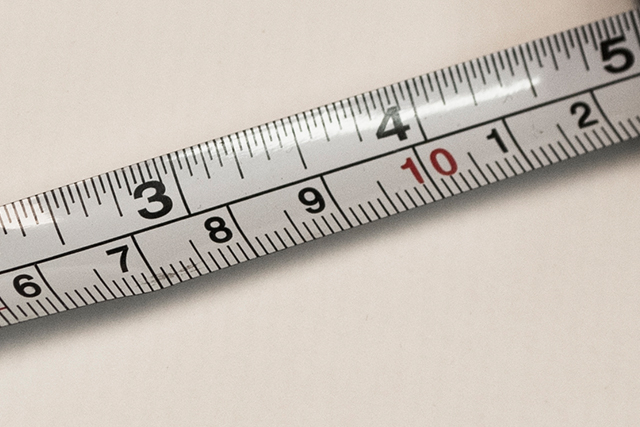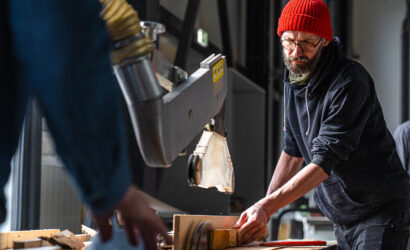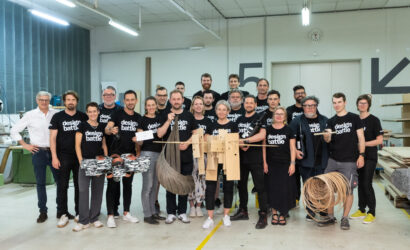
Creative escalating instead of ceilings for transcending borders: about tolerating of deviations in terms of successful design and an open society.
‘Is this supposed to be beautiful?’ Beautiful design. Good design. Successful design. Yet, what even determines the quality of design and who defines the criteria? Subjective feelings versus evaluable parameters. A design object can cause different reactions – consent, rejection, enthusiasm, sniffing, frowning or shrugging indifference. Especially when it comes to esthetics, opinions tend to differ sharply. Does ‘beauty’ really lie in the eye of the beholder or does it underlie a system of resilient valuation standards?
Is design successful or is a design object ‘beautiful’ if a majority experiences it that way? Or is a qualified minority enough? And, in this case, how much tolerance is needed from the ‘majority society’ in order to acknowledge the decision of the minority? (Without dismissing it as an eccentricity of a self-sufficient elite?)
Tolerance and design – a challenging relationship. And a deeply entangled partnership of convenience. For tolerance is about the acceptance of divergent opinions or activities, simultaneously successful design, in the core, does always include exactly this: deviations. Good design is excluded from standards, brushes the wrong way and needs to irritate and distort, in order to be able to create something new. Hence, tolerance is the essential framework for design, the biosphere for any kind of creative act. Without tolerating creative transgressions, serious design is simply not possible. Any authority of intolerance towards deviations immediately deprives designers of creative oxygen.
Good design transcends borders – very often also borders of tolerance. Designing is about creative escalations in terms of the precise product or process design but does also imply a mission concerning society as a whole. For just distancing oneself from the familiar, shifting from what we know, enables changes and further development – the tolerance of those who shift things, creatively ‘crazy’ people, is thus a necessary requirement for the advancement of every society.
Creativity cannot be decreed by the heads of departments in ministries, nor can it comply with controls enforced by taste groups. Nor can the quality issue in terms of design simply be handed over to the market. In the end, the calm river of mainstream are subject to different rules than wildly erupting springs. Due to the masses’ moment of inertia, there are only limited creative leaps, thus innovative design is only restrictedly compatible with democracy. Judgements in terms of design taste are no model cases for the direct democracy for anything new – especially in the beginning – rarely gains a majority. You do not win a referendum with creative destruction.
If in the 19th century Carl Benz had enquired people about new means of transportation, they would have asked for faster horses – not automobiles, and if chocolatier Josef Zotter had followed the preferences of the mass market twenty years ago, he would still be making Punschkrapfen. Also if Steve Jobs had once trusted the mainstream, we probably would have better Nokias but no smartphones. Deviations and breaking of the rules rarely come from the core of society but from individuals on the sidelines who initially only enjoy the acceptance of a few. The higher the potential in terms of tolerance of a society, the faster new ideas can become effective. The more open-minded a society is, the more manifold those ideas, brought to shape and function, will improve the life of people. Tolerate and escalate – anything but an end to itself, more a lockstep, which ensures the competitiveness of a nation and fosters the economic and intellectual prosperity of a society. So, creative people get to work: provoke, exaggerate and escalate! May your transgressing borders come to fruition – any kind of intolerance to creative fructose will not be tolerated!
Wolfgang Schober











